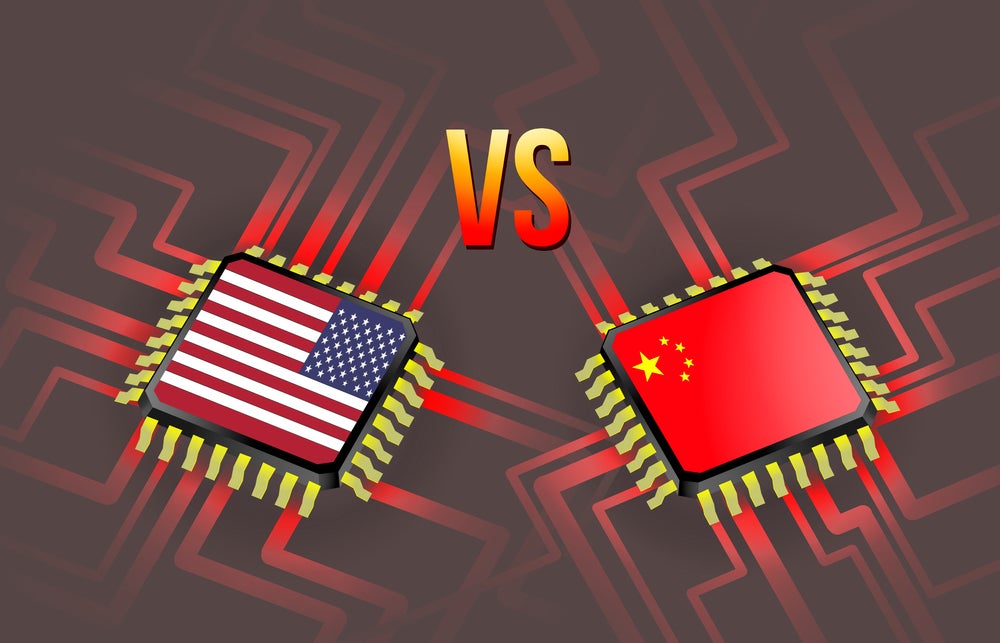Video game fans have grown accustomed to remakes and remasters of their favourite games.
Gaming companies have long preferred to release rebuilt or reskinned versions of their most popular titles instead of new and original IP. It makes business sense as it is cheaper to modernise an older game than build one from scratch, and the existing fanbase is ready and willing to purchase.
However, it is difficult to escape the feeling that gaming companies could produce something new and original instead of spending time and resources on reselling old games (many of which aren’t that old). They could be pushing the industry forward instead of cashing in on nostalgia.
Remasters and remakes – the difference
Remasters and remakes aren’t the same, and the terms shouldn’t be used interchangeably. A remaster is an existing game that is upgraded to meet the latest standards and harness the power of the next generation of consoles. For example, Grand Theft Auto V was originally launched on the PlayStation 3 and Xbox 360 in 2013. It was re-released for the next generation of consoles in 2014 and remastered for the current generation in 2022. The core game remains the same, but it runs smoother and looks better, satisfying the demands of modern gamers.
Remakes, on the other hand, are recreated from the ground up, from assets to voice acting to music. These are completely new experiences and can cost a fortune to produce, but if done with reverence for their source material, they can generate huge profits. 2023’s remake of Resident Evil 4 cost tens of millions of dollars but has sold more than seven million copies.
Both remasters and remakes have been accused of being unnecessary at best and cash grabs at worst. The Last of Us Part I, a full remake of the 2013 original, was released for current-gen consoles in 2022, despite the original being only nine years old and in a playable state. For remasters, Horizon Zero Dawn Remastered brings the 2017 original up to graphical parity with current-gen games, despite the original still looking great. The argument among many in the gaming world is that time spent remastering and remaking could be better spent on something new or a sequel. But it’s not always that simple.
In defence of remakes and remasters
Originality is not a guarantee of quality, and a remake or remaster is not automatically a bad thing. After all, when a game reaches a certain age, it often becomes difficult to play. New fans appear all the time, and many don’t have the finances or patience to dust off a 20-year-old game.
It has also become the industry standard to offer remasters for a small price for original owners. Horizon Zero Dawn Remastered will cost just $10 for owners of the original, as was the case with Marvel’s Spider-Man Remastered.
And video games are risky. Titles that many assumed would be big hits were released to muted sales. Of course, a remaster or remake does not guarantee sales, but there is a built-in audience, especially when that game receives an acclaimed TV or film adaptation like The Last of Us on HBO.
A never-ending task
Ultimately, developers want to ensure that the public is playing the version of the game that most aligns with their original vision. If you were to play The Last of Us Part II and then return to the original, you would find both graphics and gameplay to be a little dated. So, it makes sense that developer Naughty Dog would want to remake the original to ensure parity between the two.
Where gamers draw the line is being asked to shell out $70 for a game they have already purchased, maybe even twice.
And where does it end? When The Last of Us Part 3 is eventually released, will Naughty Dog remake Parts I and II? Or will a simple remaster suffice? Even when done well, it’s difficult to escape the feeling that constantly tinkering with their back catalogue is a Sisyphean task for game developers and is time that could be spent pushing the medium forward in new and exciting ways.
However; it all lies with the fans. If they keep buying each upgrade of The Last of Us, the remasters and remakes will continue. Sometimes, you just want to replay something you know and love. And as someone who has played The Last of Us in all three of its iterations, I’m undoubtedly part of the problem.








